About Parkinson’s
Are you overwhelmed by a Parkinson’s diagnosis?
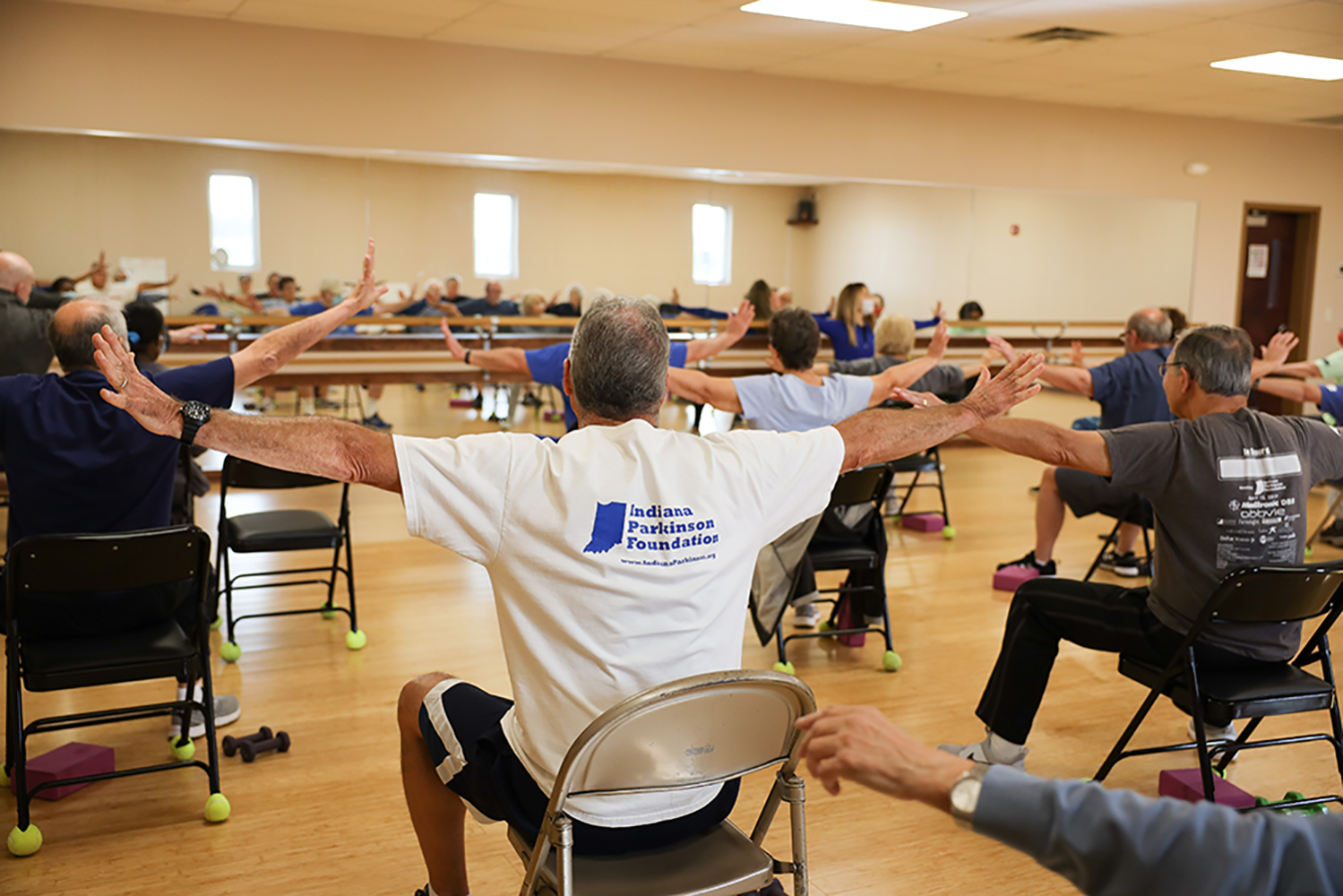
It is unknown as to what causes PD, but scientists believe it is a combination of genetic and environmental factors. For more information on causes, please visit Parkinson.org.
10 Early signs of Parkinson’s include the following: no single one of these means you should worry but if you have more than one you might consider talking with your doctor.
- Tremors
- Small handwriting
- Loss of smell
- Trouble sleeping
- Trouble moving or walking
- Constipation
- Soft or low voice
- Masked face
- Dizziness or fainting
- Stooped or hunched posture
Parkinson’s symptoms include both motor and non- motor symptoms.

The motor symptoms may include:
- Bradykinesias or slowness of movement
- Dizziness or fainting
- Drooling
- Dyskinesias
- Dystonia
- Facial Masking
- Postural Instability
- Rigidity
- Stooped posture
- Tremors
- Trouble Moving or walking

The non-motor symptoms may include:
- Anxiety
- Apathy
- Breathing and Respiration Difficulties
- Cognitive changes
- Constipation and nausea
- Dementia
- Depression
- Fatigue
- Hallucinations and Delusions
- Loss of smell
- Pain
- Skeletal and Bone health
- Skin changes
- Speech and swallowing problems
- Urinary incontinence
- Vertigo and dizziness
- Vision changes
- Weight management
The Stages of Parkinson’s Disease
Parkinson’s disease is different for each person. Not everyone will have the same symptoms, at the same intensity or in the same order. But there are patterns of progression that are laid out in stages.

Stage One:
During this stage the symptoms are mild and generally do not interfere with daily activities. Tremor and other movement symptoms occur on one side of the body and changes in posture, waling and facial expressions occur.
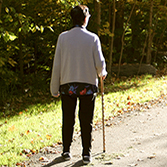
Stage Two:
In stage two, symptoms get worse. Tremor, rigidity, and other movements affect both sides of the body. Walking difficulty and poor posture may be evident. The person may be able to live alone, but daily tasks are difficult and may take more time.
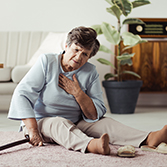
Stage Three:
In this stage there is loss of balance and slow movements. Falls are more common and although the person may be fully independent, PD symptoms may affect activities of daily living.
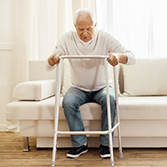
Stage Four:
At this stage of the disease, symptoms are becoming severe and can be limiting. The person might be able to stand without assistance but walking my require a walker or other assistive device. Help is needed with ADL’s and they cannot live alone.
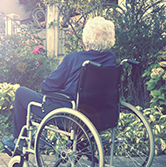
Stage Five:
This is the most debilitating stage of PD. Rigidity may make it very difficult or even impossible to stand or walk. A wheelchair may be required and around the clock care is required for activities. There may be hallucinations and delusions as well.
Treatment for Parkinson’s Disease
Although there is no standard treatment for PD, treatment is based on each individual’s symptoms. Treatments include medication and surgical therapy when appropriate. Other lifestyle modifications, like exercise and rest are also beneficial.
There are many medications available to treat PD symptoms, but it is a chronic and progressive disease. Some may take a variety of these medications to help manage symptoms.
It is important to track the medications being taken for Parkinson’s, as well as understanding what you are taking and sticking to the schedule for the greatest benefit. This will also help prevent “OFF” episodes due to missed doses.
Diagnosis
There is no specific way to diagnose Parkinson’s disease. But there are symptoms and diagnostic tests used in combination to make an accurate diagnosis of Parkinson’s, especially in the early stages. It is difficult but a skilled practitioner can come to a reasoned conclusion that it is PD. It is important to remember that two of the four main symptoms must be present over a period of time for a neurologist to consider a PD diagnosis.
- Shaking or tremor
- Slowness of movement, called bradykinesia
- Stiffness or rigidity of arms, legs or trunk
- Trouble with balance and possible falls
***This information was compiled by The Parkinson’s Foundation and can be found at: www.parkinson.org/Understanding-Parkinson/Diagnosis.
Upcoming Special Events
2024 Choose to Move Race April 27, 2024
Help us help Hoosiers with Parkinson's today!
Location: Fishers, IN
1 mile, 5K, 10K, Half Marathon
Parkinson’s Exercise Videos
Introducing iClimb
Watch from anywere. No television needed. Your favorite videos, avaialable whenever you want.
Start Free Trial
